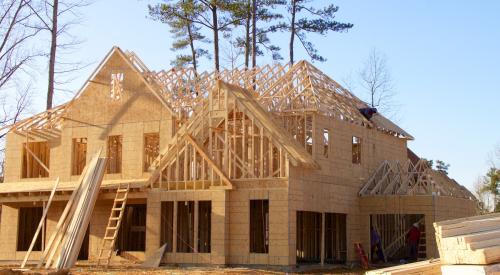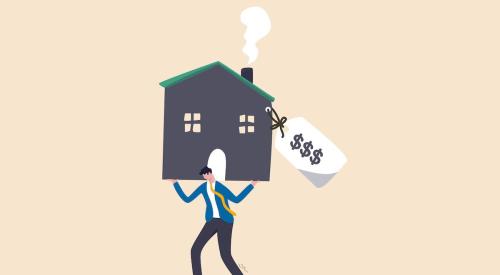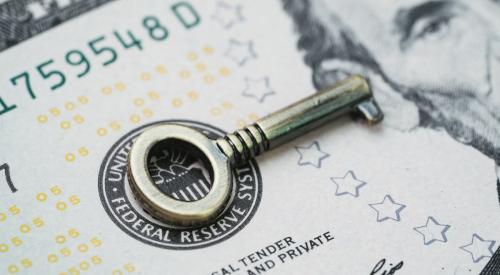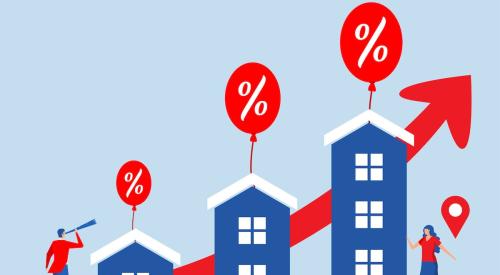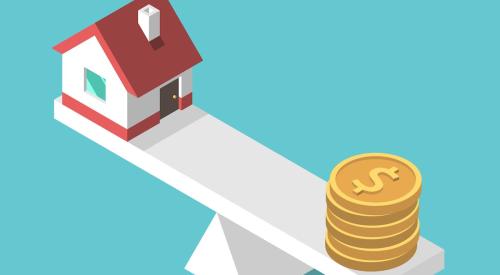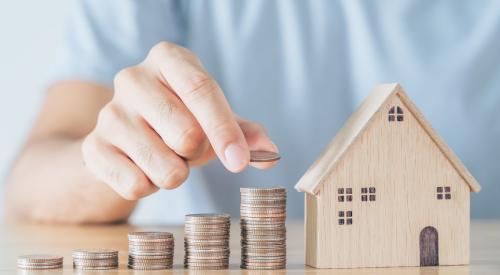Conventional wisdom suggests that if the Federal Reserve Board raises interest rates, higher monthly mortgage payments should cool demand and consequently housing price appreciation. But the Fed doesn’t control interest rates directly. The board influences money supply through buying mortgage-backed securities.
So, the question becomes: If we are experiencing a housing bubble with prices rising like crazy because of low interest rates, couldn’t the Fed sell all of its mortgage-backed securities, Joseph Edgar, CEO of TenantCloud, a cloud-based property management provider, writes in Forbes. Rates would go back up, prices would stop rising and the money supply would return to $4 trillion. That would put everything back to normal, right?
Unfortunately, there is more at play, and the Fed may not have as much power in the market as it would seem. Low interest rates have created a diversion, and adequate attention hasn’t been given to just how big the demand for housing is. There are too many people and not enough homes. The current estimated housing shortage stands at around 5.5 to 6 million in-demand homes. The median selling price in the U.S. is around $375,000, so with a conservative estimate, there is an excess demand of $2 trillion dollars ready to be borrowed if we had enough homes to sell.
Some potential home buyers might give up for now and continue living with their parents or with friends, but even if half of the housing demand disappears, we still wouldn’t have enough homes to meet demand. Ultimately, even if the Fed reduces the money supply and increases interest rates, don’t expect it to stop prices from increasing and lines forming at open houses across the country.

